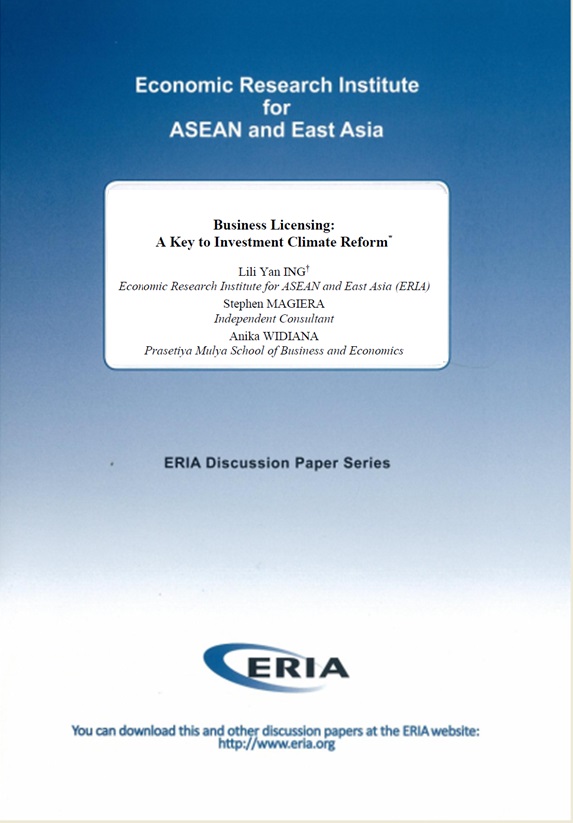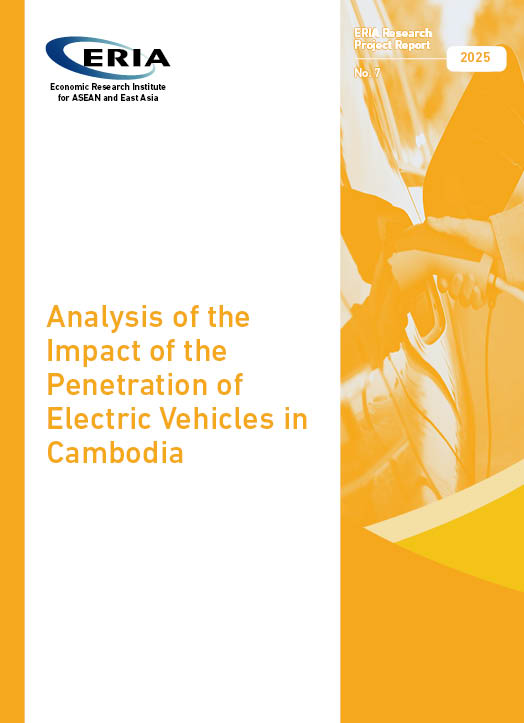Business Licensing: A Key to Investment Climate Reform

Print Article:
Abstract
Reforming business licensing is a key starting point for improving the investment climate. Complex licensing procedures may encourage firms to remain unregistered, giving rise to difficulties later in accessing finance from formal financial institutions and constraining productivity and expansion. Across sectors, this can suppress the establishment of new firms and therefore the creation of new jobs, dragging down overall economic growth. Improving and reforming business licensing can significantly increase the number of businesses and thus help nurture employment creation. Several quick-win interventions are possible. First, there is a need to improve the quality of the business licensing website and help desk. The website and help desk should act as a frontline in dealing with investment regulations and policies for investors. Improvements should cover both hard and soft infrastructure of the website and help desk, including the skills of officials. Second, business license simplification should be continued by limiting licenses to those that serve their objective and cutting unnecessary licenses, and or consolidating licenses. Third, full implementation of electronic application and payment systems for business licenses should be fostered, together with increasing the non-fiscal incentives for firms to become registered. The registration system should also function as a nationwide database which could then be a source of reliable information both on firms and for firms, linked to government programs and grants, and business regulation updates. Fourth, a transparent system to show the progress of each business application should be set up, together with a recorded evaluation system in which users can provide feedback to improve the system. Finally, efforts in the medium term should focus on improving coordination among government agencies and clarifying the roles of central and local regulations, both horizontally and vertically.




